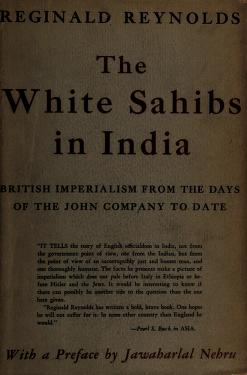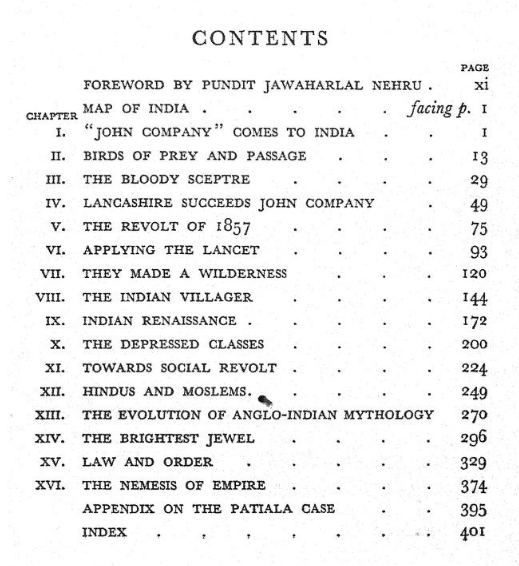At SIDH we are thinking of publishing some books that we consider very important, that are not very well known and are currently out of print. ‘The white sahibs in India’ by Reginald Reynolds, first published in 1937, is the first one we hope to publish in this series. The author in the preface dedicates the book to – “all who have suffered in Indian jails for the crime of patriotism.”

Pearl S. Buck says about the book:
“It tells the story of English officialdom in India, not from the government point of view, nor from the the Indian, but from the point of view of an incorruptibly just and honest man, and one thoroughly humane. The facts he presents make a picture of imperialism which does not pale before Italy in Ethiopia or before Hitler and the Jews. It would be interesting to know if there can possibly be another side to the question than the one here given.
Reginald Reynolds has written a bold, brave book. One hopes he will not suffer for it. In some other country than England he would.”
Here is what the dust jacket of one of the versions says:
“India is in the headlines again. The year 1937 sees the inauguration of the new Constitution in the Indian Provinces. Behind the latest constitutional developments lie over three hundred years of history since the formation of the East India Company. The story, so little known in England, is told in this book, with special chapters to explain such problems as those created by the Depressed Classes and Hindu-Moslem differences.
The author traces the economic influences which moulded Indian history from the fall of the Mughals to the present day. Inevitably this involves the explosion of many popular myths regarding individuals and incidents. The “Black Hole,” Clive and Hastings, the Mutiny, Lord Irwin and the Round Table Conference, are all subjected to the same merciless scrutiny. Less familiar subjects, such as the administration of village communities in pre-British times, and the rule of the Indian Princes, receive equally close attention.”

Next week I will share some excerpts from the book to highlight its relevance and importance to present day India.